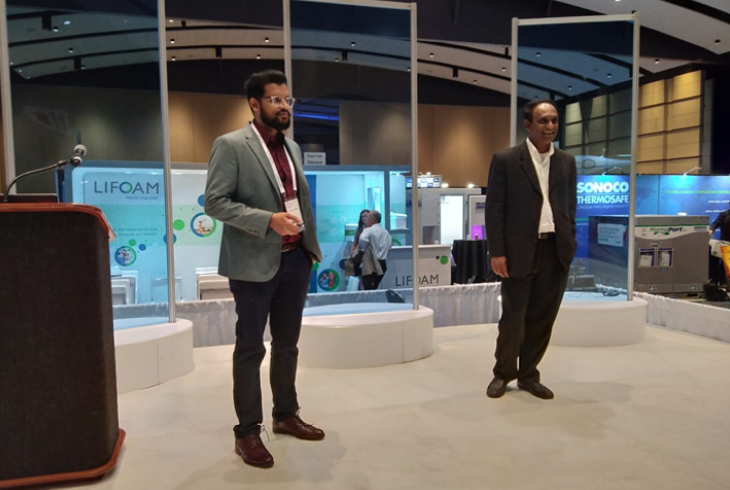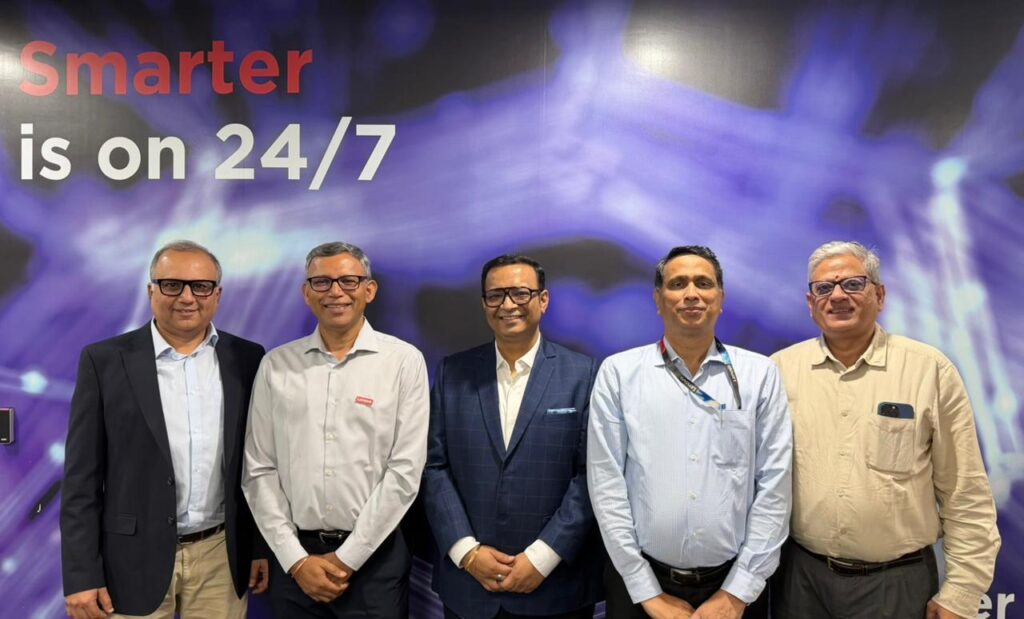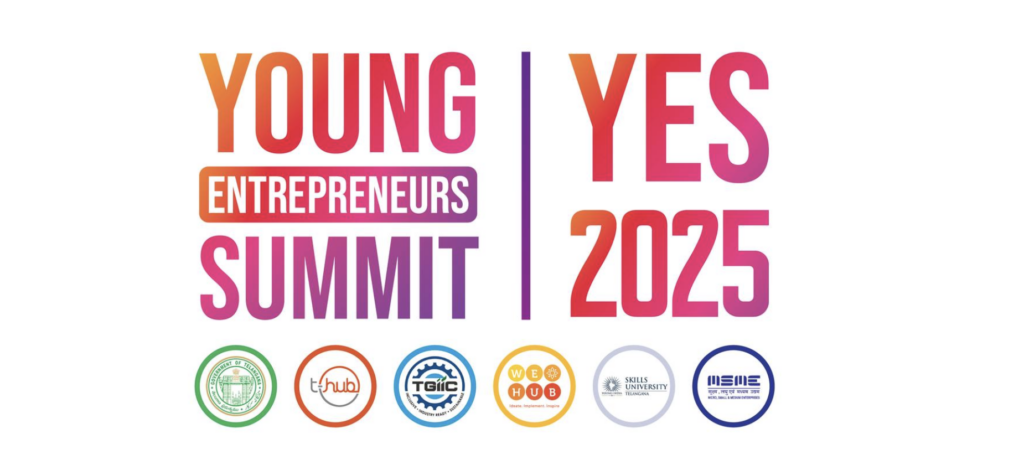In spite of many advancements in technology, when one-third of the world”s food and vaccines are lost or spoiled in logistics because of poor management and human error, this Hyderabad-based startup StaTwig which uses blockchain and Internet of Things (IoT) to find a new solution that monitors every step of the products journey, providing complete transparency and preventing disruptions in large scale deliveries.
A silicon valley veteran Sid Chakravarthy who started StaTwig back in 2016, found a difficulty over the supply chain management policy which was being overlooked for a long decade and was facing huge losses by the companies that need to be recovered. This startup has developed a platform that connects all the stakeholders such as consumers, producers, distributors, regulators, and financers so that they can create and use tamper-proof ledgers that help build complete transparency in supply chains. From transporting food to vaccines, inefficiencies of the temperature-controlled supply chains, known as cold chains, often lead to interruptions, issues around safety, and regulatory problems. Nearly 50-60% of vaccines lose their efficacy owing to cold chain failures. In addition to this, 80% of the vaccines lose their efficacy due to supply chain mismanagement.
The startup”s solution, which uses new technologies like blockchain, AI and IoT, track every single product in IoT and supply chain and gather data on them. Stakeholders can use this data to reduce failures, predict demand and capacity levels in the extended supply chains, thereby reducing costs and waste and also detecting and counterfeit products in the supply chain. December 2018, UNICEF decided to explore what StaTwig had to offer and made a $100,000 investment in the Hyderabad- based company. The investment from the UNICEF Innovation Fund was to work on the smooth delivery of vaccines to children in need. Notably, StaTwig was among the six of the 50 companies that received the investment.
For Sid Chakravarthy(CEO) and Ravi Kumar (COO), working on emerging technologies that would create an impact on existing products at Kemp Technologies in the US, piqued their interest in startups. In 2016, Chakravarthy returned to India and spent some time in the manufacturing sector to understand the problems of supply chain management. That”s when he stumbled upon the issue of perishable products and the wastage in the perishables due to lack of visibility in the transit and decided to form StaTwig.
F

Early validation for the product came in 2017, when StaTwig undertook a fisheries project, partnering with the University of California, Berkeley and the Government of Andhra Pradesh. The objective was to improve the transparency, monitoring, and tracking of the fish caught by the subsistence farmers of Andhra, which were to be exported to markets in Asia and the US.
Chakravarthy explained that from the port where the fish is caught to the local market where it”s sold, there are multiple stakeholders. However, due to negligible communication and lack of information shared among them, it”s usually the fishermen or the local sellers who get the short end of the stick and are paid less than they deserve. The fishermen are unable to ensure if the fishes reached properly to their destination or prove the information on the quality of the catch once they”ve been shipped. In case something goes wrong during shipping or at any other stage, the fishermen are unaware of it and this results in them losing negotiation powers with the national distributors.
To solve this issue, StaTwig provided each fisherman with an Android smartphone which had a pre-installed app where they can track the movements of the fishes. The certificates provided by fishing inspectors after they”ve inspected the fishes could be seen in the app. Moreover, the local market buyers could see the inventory of each fisherman. This allowed the fishermen and local sellers to have an improved price negotiation with the national distributors.
While this was Phase I of the project, Phase II has already begun in which the startup will be collaborating with financial institutions like NABARD to provide micro-financing to fishermen and local distributors by getting the institutions to join the blockchain network.
While the three-year-old startup has built a newfound trust in the supply chain, it did face some minor challenges initially. One of them was explaining blockchain to clients as it was a fairly new concept in 2017 and there was a lot of confusion between the Crypto market and blockchain.
R
StaTwig”s moment in the sun was when it was selected to be a part of the UNICEF Innovation Fund’s first cohort of blockchain investments. Generally, vaccines go through a lot of changes in ownership, from national offices to regional offices to health centres. Here, StaTwig records every change in ownership and one cannot repudiate the information.
The second important aspect of vaccines, in general, is the need to track the temperature. Kumar explained that vaccines get labelled with a colour according to their temperature status and through sensors, the company is planning to track that status. Notably, vaccines are temperature sensitive and often get spoiled if they are not delivered on time. The third aspect that is important to anyone dealing with vaccines is the Drug Supply Chain Security Act (DSCSA) and the regulations related to it that are prevalent worldwide. At the wholesaler or distributor level, if you pick up any vaccine or drug, the serial number in that product should be able to tell you the entire journey of the material. Today, StaTwig is working with multiple UNICEF offices in different countries to make this service available.
StaTwig has been self-sufficient since 2017 and was one of the few blockchain startups that year that were generating revenue through the solution centre. It is now targeting to generate around $1-1.5 million by the end of 2019 and looking to raise an average of $600,000 through external funding.
This T-Hub based blockchain technology startup StaTwig, which has been serving food companies in India and the US is looking at new geographic markets. The company will look at the Middle East and Australia in the near term.







